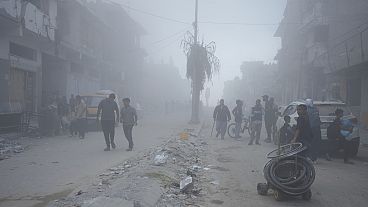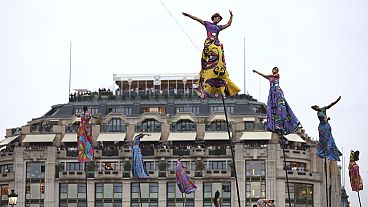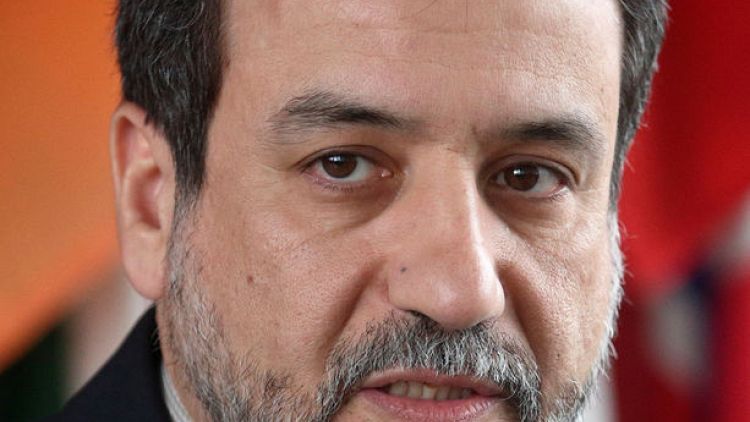BERLIN (Reuters) - A senior German diplomat was in Tehran on Thursday for meetings with Iranian officials to try to preserve the 2015 Iran nuclear deal and cool rising tensions in the region, a German diplomatic source told Reuters.
Jens Ploetner, a political director in the Foreign Ministry, planned to meet Iranian Deputy Foreign Minister Abbas Araghchi as well as other officials on his visit, the German source said.
Britain, France and Germany, which signed the 2015 deal along with the United States, China and Russia, are determined to show they can compensate for last year's U.S. withdrawal from the deal, protect trade and still dissuade Tehran from quitting an accord designed to prevent it developing a nuclear bomb.
But Iran's decision earlier this month to backtrack from some commitments in response to U.S. moves to cripple its economy threatens to unravel the deal, under which Tehran agreed to curbs on its uranium enrichment programme in exchange for the removal of most international sanctions.
"At the centre of the political director's visit is the preservation of the Vienna nuclear accord (JCPOA)," the German diplomatic source told Reuters.
"After Iran's announcement to partly suspend its commitments under the JCPOA, there is a window of opportunity for diplomacy to persuade Iran to continue to fully comply with the JCPOA."
Ploetner knows Araghchi from the negotiations to clinch the JCPOA (Joint Comprehensive Plan of Action).
Tensions have soared between Iran and the United States since Washington sent more military forces to the Middle East, including an aircraft carrier, B-52 bombers and Patriot missiles, in a show of force against what U.S. officials say are Iranian threats to its troops and interests in the region.
On Wednesday, U.S. officials said the Defense Department was considering a U.S. military request to send about 5,000 additional troops to the Middle East.
Despite such pressure, Keyvan Khosravi, a spokesman for Iran's Supreme National Security Council reiterated on Thursday that there would be no negotiations with Washington.
He said officials from several countries had visited Iran recently, "mostly representing the United States", but that Tehran's message to them was firm.
"Without exception, the message of the power and resistance of the Iranian nation was conveyed to them," he said.
On Thursday, the semi-official Iranian news agency Fars quoted a senior commander of the powerful Revolutionary Guards as saying the U.S.-Iranian standoff was a "clash of wills" and any enemy "adventurism" would meet a crushing response.
The German diplomatic source added: "The situation in the Persian Gulf and the region, and the situation around the Vienna nuclear accord is extremely serious. There is a real risk of escalation...In this situation, dialogue is very important."
(Reporting by Sabine Siebold in Berlin with additional reporting by Babak Dehghanpisheh in Geneva and Bozorgmehr Sharafedin in London; Writing by Paul Carrel; Editing by Mark Heinrich)












